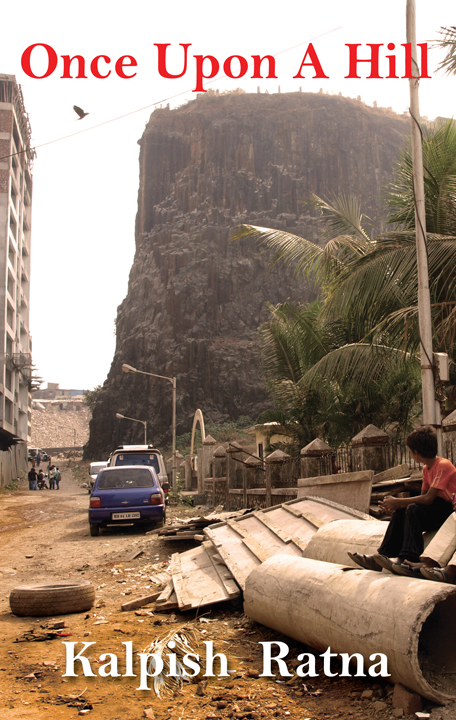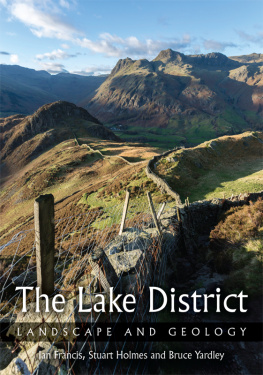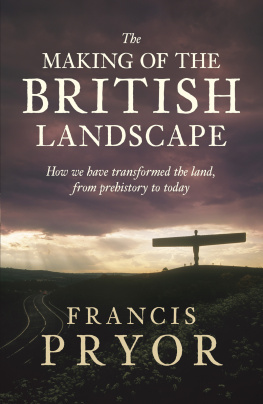
Once Upon A Hill
KALPISH RATNA
Photographs byIshrat Syed

HarperCollins Publishers India
a joint venture with

New Delhi
for
Afaaf
the time for that picnic is now
Contents
Time past and time future
What might have been and what has been
Point to one end, which is always present.
T. S. Eliot, Burnt Norton
I
My journey begins in a village named for an epidemic
Exploring the world is easy. All you need is the internet. Getting to know the ground beneath your feet is quite another story.
I began looking for the island on which I live, and it wasnt there.
A conversation with a stranger started it. I was on the bus, reading a book about Mexico. It was a long ride and my neighbour, squinting over my shoulder, made impatient sounds every time I turned the page.
I was in the floating gardens of Tenochtitlan when he demanded, Why read about such places? Do you know all about where you live?
Before I could question his irritation, the bus jolted to a stop and he was gone, leaving me jangled. I would meet him again some day, I fumed, and best him on his own ground.
So began my quest. I thought it would be easythe city is full of libraries. But I had reckoned without librarians, a curious species on par with fire-breathing dragons and two-headed dogs out of Hades. Unlike these mythic guards, librarians are proof against blandishments, humour and irony. They have sworn to keep the book from the reader, and will stop at nothing.
For a year I pursued dusty tomes nobody had touched in a century. Pursue I might, but not peruse. I filled forms in triplicate, I paid reading fees, membership fees, Xeroxing fees. I came armed with certificates, recommendations, orders. But I always had to come back again next week. And when I did, the librarian wasnt there.
Byzantine was the word I picked for their wiles, but a passing clerk gave me one better. Ask all you want, he said, you wont get the book out of her, shes as straight as a jalebi. Ive passed up these hot crunchy syrupy confections ever since.
Eventually, I found many of the crumbling and unread tomes I sought on the net. Digitized, they were intangible and odourless, not books youd happily exchange DNA with, but I read them anyway. There were other books too, newer, brighter, more expensive, all reeking of the mall, ersatz coffee and spritzed armpits. All of these quoted those old books when they werent quoting each other. They were talking of a place that didnt exist, perhaps never had. They could tell me nothing about the view from my window.
Why was it so difficult to read the landscape? All its past, apparently, had been viewed through telescopesfrom ships at sea, or from libraries in lands I had never visited. All its history was hearsay.
Its storytellers were long dead. Centuries ago, travellers sailed or walked here and went back home to write bestsellers. Their books had luxuries to tease the most sated voluptuary: grandiose wealth, savage lusts, treachery and barbaric cruelties. There were strange foods, delicious and disgusting; spine-shattering aphrodisiacs and elixirs that resurrected. The natives were comfortingly stupid, and, very often, the flora and fauna cross-bred.
It was medieval gonzo, nonpareil. But history?
Then came the colonizers, monarchs of the many surveys they made. They took the long view and overlooked my little patch of land.
The twentieth-century chroniclers were all hagiographers of the immediate pastfrom the indomitable Gerson da Cunha, who quite literally left no stone unturned, to the earnest academics who recycled old books as PhD theses, stating opinion as fact. It was all very tedious, and none of it had anything at all to do with the place where I lived.
I might have given up altogether if I hadnt remembered Hamid Bhai.
I first met Hamid Bhai one hot May afternoon several years ago when I was stuck in the exploding nucleus of a very complicated traffic jam. The only static element in that plasmic blur of energy wasme. My battered Fiat coughed, stopped, and dug its wheels into the burning asphalt.
After twenty frantic minutes, a pavement Samaritan whistled up a genie disguised as a tall man in stained overalls.
Spanner in hand he ducked into the smoking bonnet, then disappeared beneath the chassis. When he emerged, covered with axle grease and trailing a viscous ribbon of some kind of molten polymer, he shook his head and avoided my eye. He could coax the car to the kerb. That was as far as it would go, he said. I should take a rickshaw and go home while he took care of things.
The prognosis was poor. We were talking systems failure here (calatch gayela, redwater gayela, brake bas abhi jaanewala, cutout jalela, fanbelt tutela, battery marela). Almost every body part cried out for a transplant, and he knew just the place, but of course that was just a suggestion
Do it, I said.
He hesitated. Theres the engine, he said shyly. Might need re-boring.
I agreed.
Then theres denting-penting, he said. With the greatest delicacy he mentioned one-piece rooftop and assured me he would say nothing about upholstery. His voice dropped a register. The horn, he whispered, was hoarse. The lights were cracked, the bumper torn, the fender twisted. He wouldnt mention any of these things if this werent such a fine machine. He slapped the bonnet hard. Thats body work, he said, thats iron. Todays cars? They are just pappad.
The next day I went to the address he left me. It wasnt so much garage as the junk yard at the end of the world, a maidan dotted with automobiles in different stages of disintegration.
There was a seismic hum to this surreal landscape as if a giant dynamo powered it all. I found Hamid Bhai at its epicenter, lounging on a divan that I recognized with a sinking heart as the back seat of my Fiat.
Spring gayela, he said by way of greeting.
The consultation began as we toured the countryside, viewing the scattered insides of my car. We wound up at the chassis to discuss the weighty matter of the Red Water. I could either get a new one, or get by on turmeric. Which did I prefer?
Hamid Bhais bizarre question solved the puzzle that had worried me since I met him. Beneath his aggressive Bambaiyya Hindi lurked an elusive cadence. I had it when he said holood.
Are you from Dhaka? I asked.
I was unprepared for his reaction. His eyes lit up, he looked away furtively, then glared back at me. And you? Where are you from? he rasped.
I regretted my thoughtlessness. Bangladeshis were presently the butt of local rightist ire.
Bas, last week they broke the garage, thats why were out in the open now, Hamid mumbled. He called for tea, rolled up his banian for coolness and extracted a bidi from the waist of his lungi. I can weld the Red Water, he said. But no guarantee. Just keep a packet of turmeric handy. Keep putting in one teaspoon, every ten kilometers. Daalte jao. One teaspoon will do. Red Water comes expensive. Better spend on soak-ups.
Soak-ups, then, whatever they may be, were also gayela.
Tea arrived. We sipped pensively. We considered biscuits.
Hamid Bhai vetoed them as he remembered samosas were just an hour away. Or did I prefer masala dosa? I might have to wait a little longer then, as Tambi set up stall only at five.
Next page










